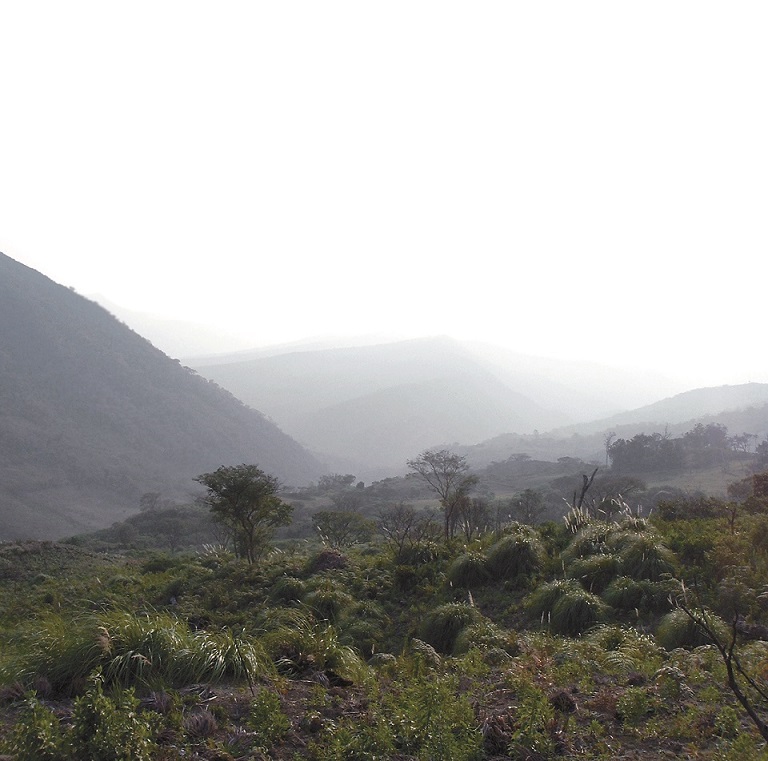Many of the environmental problems facing developing countries are exacerbated by poverty and a lack of property rights. For conservation to work in impoverished regions, it must be paired with economic development. As Haitian conservationist Jean Wiener puts it, “Most Haitian families live not check to check, but meal to meal. And too many of their babies die before their first birthdays. The last thing on people’s minds is how to save the environment.” He continues, “No one will protect any resource until their basic livelihood needs are met. I can guarantee you that there is nowhere in the world where there is a hungry conservationist.”
Property rights foster both economic development and environmental stewardship in developing countries. Property rights provide owners the security to profit from their holdings, and the incentive to do so in a sustainable manner. PERC’s Jane Shaw and Richard Stroup discussed this topic in the Winter 1990 issue of International Health and Development:
Many people still hold to the simplistic view that environmental problems are caused by economic growth. Yet, economic growth offers the potential for improvement—for less wastage of forests and grasslands, for preservation of habitat, and for a more healthful environment.
It is no accident that serious environmental problems and underdevelopment both occur where a secure system of property rights is lacking. Investment and the forbearance necessary for saving will not occur if people have doubts that they will reap the rewards of their efforts. The same requirement for secure rights exists for socially desirable environmental decisions.
People will not exercise forbearance and protect elephants that destroy their crops if they do not benefit from preserving the elephant. They will turn forests into cropland rather than preserve them if the only way they can own land is by cutting trees and sowing crops (as is the case for homesteaders in Brazil). They will fail to preserve trees for firewood if the trees are available now but future rights to them are uncertain.
An owner of property has an incentive to be a good steward. If property is well cared for, it will be more valuable.
Others argue that it should be the role of government to oversee environmental stewardship and that private property rights are unnecessary if the government has a right to the well-being of all the land. However, people in power have routinely stripped resources from the land for personal gain, caring little about the environment left for civilians. For example, Kenyan politicians exploit protected forests in Kenya, profiting from timber sales and selling the lands to private developers. As Shaw and Stroup discussed:
Governments do not have a process for taking future benefit into account. Government officials with property entrusted to their care tend to act in a shortsighted manner because they cannot benefit as owners can from sacrifices they make today. This shortsightedness partly explains why misguided government policies have worsened environmental problems in the developing world.
The importance of property rights for economic growth and environmental protection in the developing world is seen in the Los Negros Valley of Bolivia. Farmers low in the valley depend on water flowing down from the cloud forest of Amboro National Park. Unfortunately, migrants from the Bolivian highlands, encouraged by local political leaders, extract timber and clear the cloud forest for agriculture, reducing water flows downstream. The local upstream communities have little recourse when their lands are invaded because they lack property rights systems and downstream farmers suffered as water levels dropped.
To address the problem, the environmental group Natura Bolivia stepped in and arranged contracts between downstream farmers and upstream landowners. Downstream farmers contributed funding to purchase barbed wire and bees for upstream landowners. In return, upstream landowners had to protect the water-producing forest. They used the barbed wire to fence off their land, creating their own system of property rights to keep out illegal timber harvesters. Upstream landowners also refrained from cutting the forest themselves, harvesting honey from the bees supplied by downstream farmers instead to make a profit.
In the end, the farmers secured water to grow and sell their crops, upstream landowners started honey operations, and the cloud forests were protected. This goes to show that both economic growth and environmental quality depend on systems of ownership or use that reward good stewardship.




